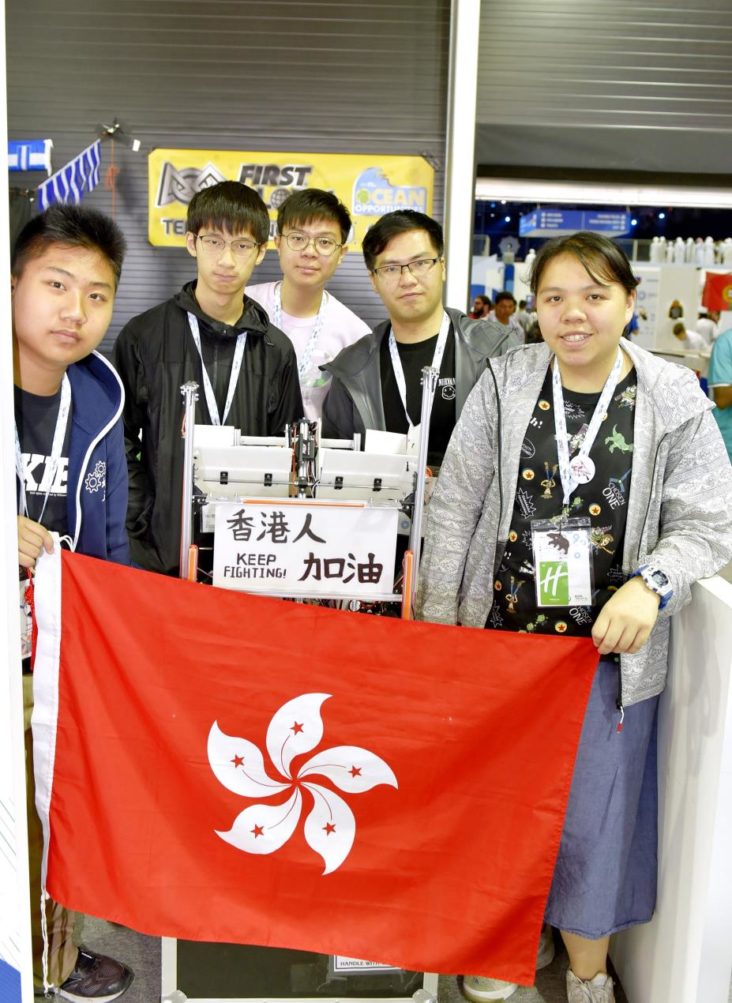Discover Magic Of Programming With Team Hong Kong At FIRST Global Challenge 2019 In Dubai

“Having grown up with two older brothers enrolled in college programming degrees, I would often sit by their side as they worked on a project submission, pestering them on how they got a particular result or made an application perform something cool – to me, it was like pure magic,” says Max, 15, Programmer for Team Hong Kong.
He joins his four teammates at the FIRST Global Challenge 2019 in Dubai, organized by Dubai Future Foundation, that has brought together over 1,500 youth participants from 191 countries in a battle against ocean pollution using robotics and artificial intelligence.
“When I was younger, I would enroll in every possible Lego competition in school, and having built a Lego robotic car with a friend of mine, I began participating in many of the FIRST LEGO Leagues (FLL),” says Max. FLL, another initiative by FIRST Global, targets students aged 7-12.
Max has found quite a few parallels between Lego-building and robotics engineering. However, this is his first time ever to build an actual robot.
“There is so much learning in a competition of this size. A literal example of that is when we upgraded our robot yesterday having seen another team use a particular concept brilliantly,” he says.
The team’s robot can dispose of pollutants commonly found in public spaces, such as parks, streets and beaches.
“Global competitions of this nature are so important in sustaining kids’ interest in the field of robotics, providing a very hands-on approach,” says Kody Ho, Mentor of Team Hong Kong and teacher at Semia, an organization working closely with FIRST Global. “Kids work better using a ‘learning by doing’ approach, and this involves thinking outside the box daily, something they fail to do using traditional teaching methods.”
Having won four out of its first five games, current third-place holders Team Hong Kong boasts experienced members, most of whom have participated in previous FIRST Tech Challenges (FTC), creating the right mix of experience and eagerness.
“The possibilities are endless if we broaden our thinking to accept new ideas and practices of robotics and AI, and if successfully implemented, there is no reason we can’t solve all the world’s problems,” says Max.
“While not a current world problem, one day I plan to create a food-based AI app that learns your taste and eating patterns, and suggests new dishes to you,” he adds only partly in jest.
The future looks promising for Max, who may well be capable of developing an artificially intelligent meal-curating app in the years to come. Programming, however, remains his muse for the foreseeable present.


